
The Lifespan of a Garage Door: When to Repair and When to Replace
Understanding your garage door lifespan is essential for ensuring its longevity. Knowing signs that suggest it needs repair or maintenance could prevent costly damage that could shorten its life. Likewise, understanding factors that can shorten or extend its life is important when deciding when repair or replace it. Examining the financial implications of garage doors, such as repair costs in relation to replacement costs, will make it easier to choose the best investment.
Understanding the Typical Garage Door Lifespan
Understanding the typical garage door lifespan is paramount to ensuring that your home’s garage door system is safe and reliable. Generally speaking, garage doors can last between 15-30 years depending on a variety of factors, including the type, frequency of use, and kind of motor system used. Moreover, the quality of installation is also a major factor in how long a door will last, with poor installation techniques potentially reducing a door’s lifespan by up to half of its normal life period.
In addition, the type of door plays a role in its lifespan, with lightweight and smaller doors typically lasting around 15-20 years and heavier, larges doors ranging between 25-30 years. However, even with the best quality and care, garage doors do have limited lifespans and should actually be replaced every 15-20 years to enhance security and maintain safety. Similarly, manual doors are usually less expensive and may last up to 20 years, depending on their usage and how regularly the rollers and hinges are lubricated.
It is also important to note that additional components like springs and cable will require frequent replacement. Over time, springs and cable will slowly begin to wear down and leave the door vulnerable to breaking or failing to open and close. For instance, the torsion spring system, which counterbalances the weight of the door, can last for approximately 10,000 cycles, while the extension spring system can last 7,500 cycles. Furthermore, they will also require replacement when the cords or pulleys become frayed or disconnected.
Therefore, with garage doors, it is important to identify any issues as soon as possible in order to prevent any further damage or wear and tear on the door system. As a result, you should have your garage door system inspected regularly to ensure it is functioning as it should. Regular maintenance will help to extend its lifespan and keep it in optimal condition.Consequently, taking care of your door and regularly checking it can help you maximize the lifespan of your garage door and make sure your home is safe and secure.
Signs Your Garage Door Needs Repair or Maintenance
The garage door is an essential part of keeping your home safe and sound, and it is important to look for signs that your garage door needs repair or maintenance. First, if you notice any dents or damage in the door frame then this is an immediate sign that it needs repairs. Moreover, another thing to observe is if the hinges, tracks, or springs are making noises when the door is in motion. This is typically an indication that something is out of alignment or has not been lubricated recently. Furthermore, if you observe any cracks in the tracks or corrosion in the springs, it may be time for a tune-up or some repairs.
In addition, pay attention to the response time when opening or closing the door. If the response time is slower than normal or the door stops unexpectedly, then this may be a sign that something is off with the opener or that the tracks need to be realigned. Similarly, if you have a traditional garage door, it is important to inspect the weather stripping. Over time, this will lose its effectiveness and needs to be replaced.
Finally, having regular maintenance done can prevent a lot of issues from appearing in the future. As a result, it is important to stay on top of your garage door maintenance. This can include a professional tune-up, examining the door for issues, and lubricating all the hardware. Consequently, it is important to keep your garage safe and keep an eye out for any warning signs that your door may need repairs.
Factors That Can Shorten or Extend Your Garage Door’s Life
The lifespan of your garage door can be determined by several factors, however it is important to remember that regular upkeep and maintenance can help in prolonging the life of a garage door. The type of material your door is made of is also significant factor, as certain materials are known to be more durable than others. Moreover, the quality of the material, as well as any additional components of the door, such as weather sealers, can also influence how long your door will last.
On the other hand, the environment and usage frequency can have a significant impact on the overall life span of your garage door. For instance, if the opening mechanism is not regularly lubricated, it can easily cause the system to break down. Similarly, any climate changes, such as heat, cold or strong winds, can also affect how well your door holds up over time.
In addition, the manufacturer of your garage door is also important. Many cheaper garage doors are made of lower quality materials that are prone to bending, warping or breaking with use. Purchasing a higher quality door made of better materials and additional protective features, such as a good insulation layer, will pay off in the long run.
Furthermore, neglecting to repair any malfunctions in your garage door can also cause significant damage over time. Squeaking, sticking and slow-closing doors can all be warning signs of a problem and can indicate a need for repair or replacement. Therefore, it is important to address these issues as soon as they’re noticed.
As a result, following the manufacturer’s recommended schedule for maintenance and repair can substantially extend and even double the lifespan of your garage door. Furthermore, selecting a quality door made of sturdy materials will also help in prolonging the life of your garage door. Consequently, the better you care for and maintain your door, the longer it will last.
The Financial Implications Of Garage Doors: Repair Costs vs. Replacement Costs
When considering the implications of owning a garage door, the primary consideration is repair costs vs. replacement costs. Repairing a garage door is generally a more affordable option than replacing it, as it can prevent homeowners having to pay out for a new door. However, depending on the kind of problem the garage door is experiencing, repairing it can become more expensive than ultimately buying a new one. Furthermore, if the current garage door is more than ten years old, it may be more cost effective to go ahead and buy a new garage door instead of continually attempting repairs.
In addition, homeowners must bear in mind that repair costs may include the parts needed for fixes, labor charges, and the time spent apart from any emergency call out charges. Labor costs are often more expensive than parts, so depending on the problem, it could end up costing as much as if not more than replacing the door. Similarly, the cost of replacing a garage door will depend on the size and type of the door. Although, this cost may be negated with the right companies offering fee installation.
On the other hand, replacing the current garage door could be beneficial depending on the situation. If the current garage door has several problems, repairs may hit the point of diminishing returns. In contrast, when replacing the current door, there are additional benefits such as enhancing the appearance of the home, making it easier to open and close the door, and improving the safety and security of the garage.
As a result, when making the decision of whether to repair or replace a garage door, homeowners should take into account the age, condition, and operational needs of the current garage door. Those who do not feel comfortable troubleshooting the problem themselves should reach out to professionals who can diagnose the problem and recommend a course of action. Ultimately, the homeowner should choose the path that is most cost effective and beneficial in the long run. Consequently, the financial implications of garage doors should be considered before taking making a decision.
ABC Garage Doors Is Here for All Your Garage Door Needs
Garage door lifespans can vary greatly depending on a number of factors, including maintenance, quality of materials, usage, weathering, and luck. Though proper maintenance and repair of components can ultimately extend the lifespan of a garage door and save you money in the long run, some repairs can be too costly or extensive, meaning it may be more cost-effective to look into replacement. Signs that you may need to repair or replace your garage door include general physical wear and tear, loud noises, sagging components, and lack of sensitivity or responsiveness to its opener. Ultimately, no matter how long a garage door lasts, understanding its lifespan and how to keep it in the best condition possible is crucial for ensuring your property is safe and your wallet isn’t subjected to any unnecessary, costly losses.
Frequently Asked Questions
How long does an average garage door last?
On average, the expected life of a garage door is around 10-15 years with proper maintenance and upkeep. Of course, numerous factors can play a role in determining its lifespan, including how often the door is used, its construction material, and the weather in the area.
What are the most common issues that require garage door repair?
The most common issues that require garage door repair include broken door springs, worn out rollers and hinges, broken or damaged panels, malfunctioning door opener, and broken cables or drums. Other less common issues include loose or disconnected door tracks and weather seal damage.
Are there any maintenance routines that can help extend the lifespan of my garage door?
Yes! Regular maintenance and cleaning routines can help extend the life of your garage door. Start by inspecting the door and hardware for signs of wear and tear, such as broken rollers, rusting chains, or misaligned tracks. It’s also important to lubricate the hinges, rollers, and tracks with a good-quality lubricant. If you notice any problems, get them fixed or replaced immediately. It’s also smart to check and tighten any loose screws and bolts. Cleaning the door on a regular basis can also help eliminate rust and dirt build-up, which can lead to premature wear and tear.
When is it more cost-effective to replace my garage door rather than repair it?
It is usually more cost-effective to replace a garage door rather than having it repaired when the cost of the repair is more than 50% of what it would cost to buy and install a replacement door. Additionally, if the door is getting old and has a lot of wear and tear, it may be more cost-effective to replace it rather than repair it.
Table of Contents
More Blogs to Check Out!
Categories

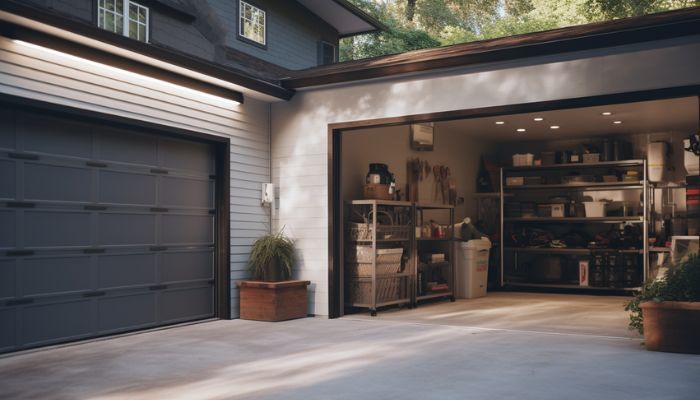
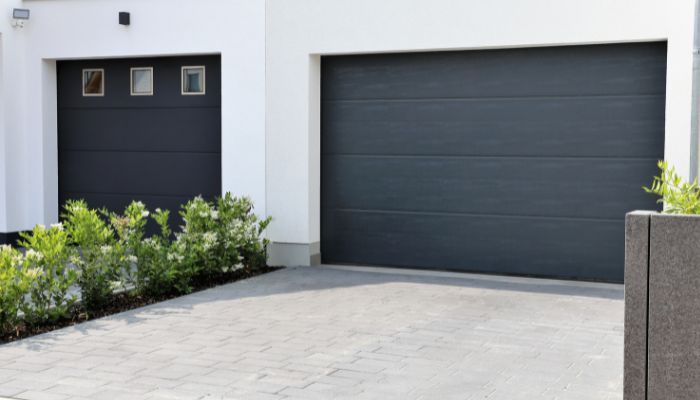
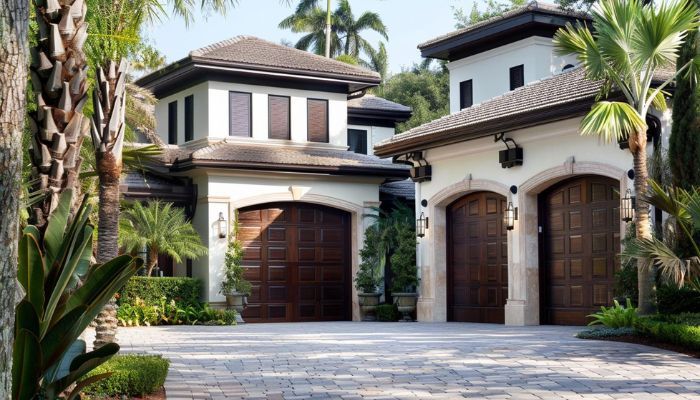
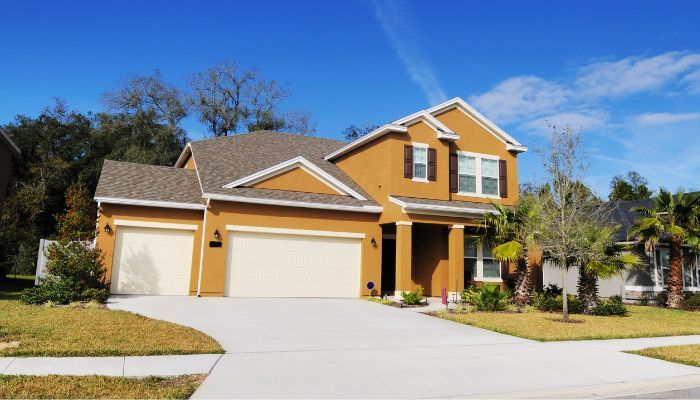
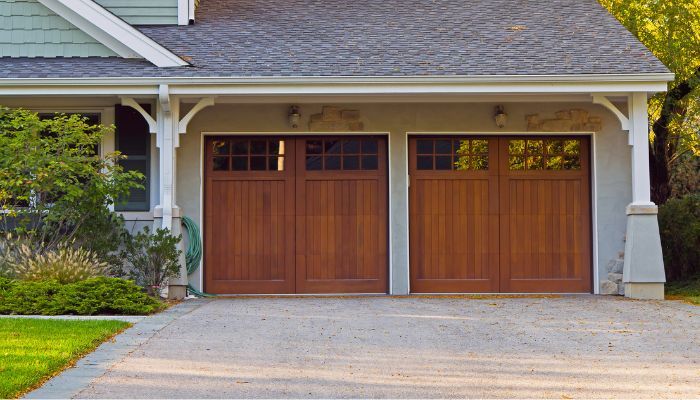
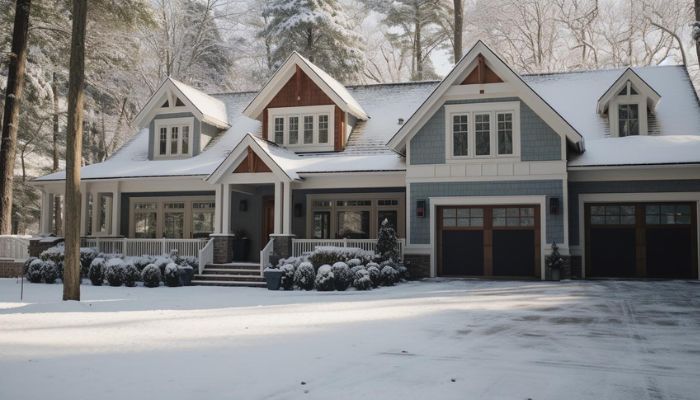
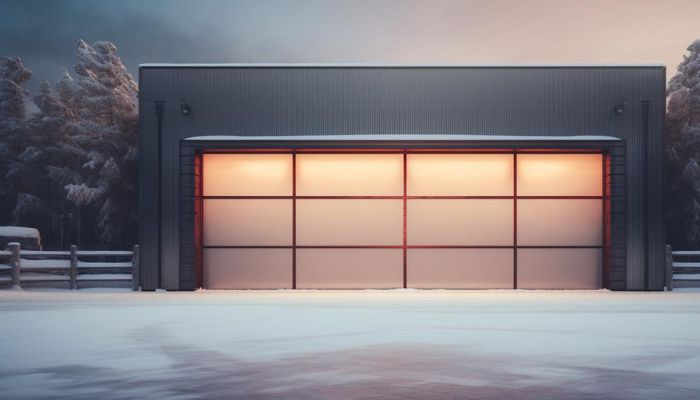


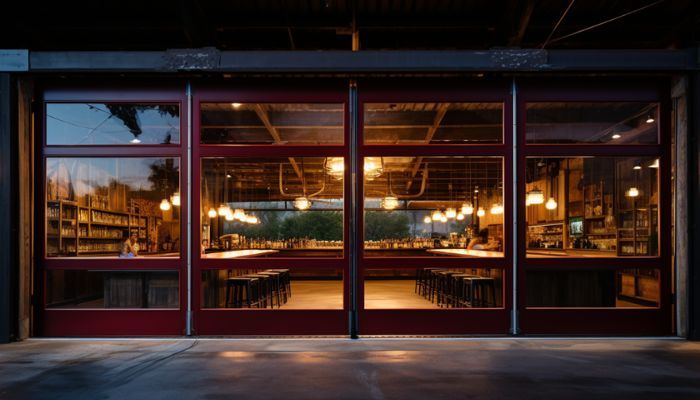
Leave a Reply